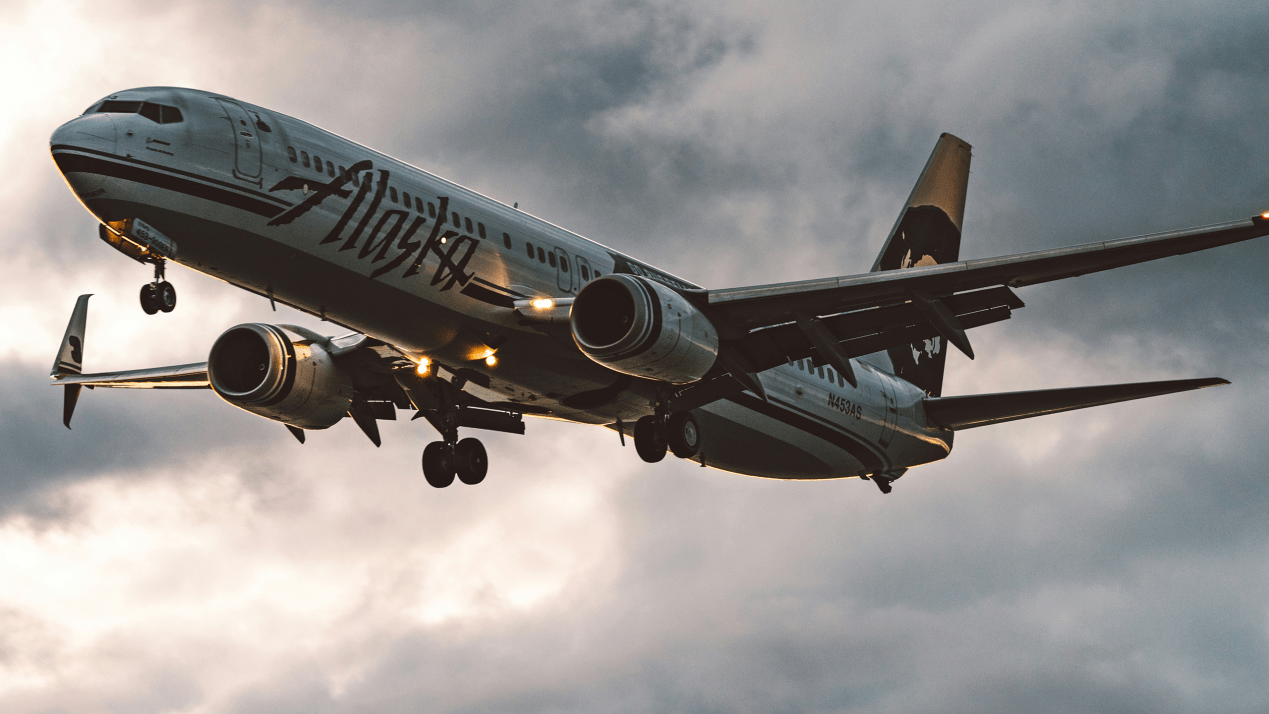
Why Skills-First Leadership Is Replacing the Ivy League Playbook in the C-Suite
The old prestige pyramid—where Ivy League degrees and blue-chip consulting backgrounds paved the way to the CEO seat—is cracking.

A group of U.S. consumers filed a lawsuit in federal district court on April 16, 2024, to halt Alaska Air’s proposed $1.9 billion acquisition of Hawaiian Airlines. The lawsuit alleges the merger would create a monopoly in several key markets, ultimately harming consumers.
The plaintiffs argue that the combined entity would dominate air travel between the continental United States and Hawaii. This dominance, they contend, would decrease competition, resulting in higher airfares, reduced flight options, and potential job losses within the airlines.
Furthermore, the lawsuit highlights potential negative consequences for Hawaii’s economy and residents. The plaintiffs express concern that a merged airline might prioritize its interests over the needs of the Hawaiian tourism industry, potentially impacting visitor numbers and local businesses.
The lawsuit represents a significant hurdle for the proposed merger. Alaska Air and Hawaiian Airlines will need to address the concerns raised by the plaintiffs and convince the court that the merger will not have an anti-competitive effect. The outcome of this legal challenge will be closely monitored by the airline industry, consumer groups, and residents of Hawaii.
The U.S. Department of Justice (DOJ) and other regulatory bodies may also weigh in on the merger. These entities are responsible for ensuring airline mergers comply with antitrust laws and do not stifle competition within the industry. Their potential intervention could further complicate the Alaska Air-Hawaiian Airlines deal.
The lawsuit underscores the importance of antitrust regulations in protecting consumers from the potential negative consequences of airline mergers. If successful, it could set a precedent for future challenges to airline consolidation attempts.

The old prestige pyramid—where Ivy League degrees and blue-chip consulting backgrounds paved the way to the CEO seat—is cracking.

Loud leaders once ruled the boardroom. Charisma was currency. Big talk drove big valuations.

But the CEOs who make history in downturns aren’t the ones with the deepest cuts

Companies invest millions in leadership development, yet many of their best executives leave within a few years. Why?

The most successful business leaders don’t just identify gaps in the market; they anticipate future needs before anyone else.

With technological advancements, shifting consumer expectations, and global interconnectedness, the role of business leaders

Following a distinguished Law Enforcement career Joe McGee founded The Securitatem Group to provide contemporary global operational specialist security and specialist security training products and services for private clients, corporate organisations, and Government bodies. They deliver a wide range of services, including complete end-to-end protection packages, close protection, residential security, protection drivers, and online and physical installations. They provide covert and overt investigations and specialist surveillance services with a Broad range of weapons and tactical-based training, including conflict management, risk and threat management, tactical training, tactical medicine, and command and control training.

Jay Wright, CEO and Co-Owner of Virgin Wines infectious energy, enthusiasm, passion and drive has been instrumental in creating an environment that encourages talent to thrive and a culture that puts the customer at the very heart of every decision-making process.

Fabio de Concilio is the visionary CEO & Chairman of the Board at Farmacosmo, a leading organization dedicated to mental health and community support services. With a deep commitment to identifying and meeting customer needs, Fabio ensures that high standards are maintained across the board.

Character Determines Destiny – so said Aristotle. And David CM Carter believes that more than anything else. For David, it has been numerous years of research into codifying Entelechy Academy’s 54 character qualities that underpin everything he stands for as a leader and teacher.


Leave us a message
Subscribe
Fill the form our team will contact you
Advertise with us
Fill the form our team will contact you